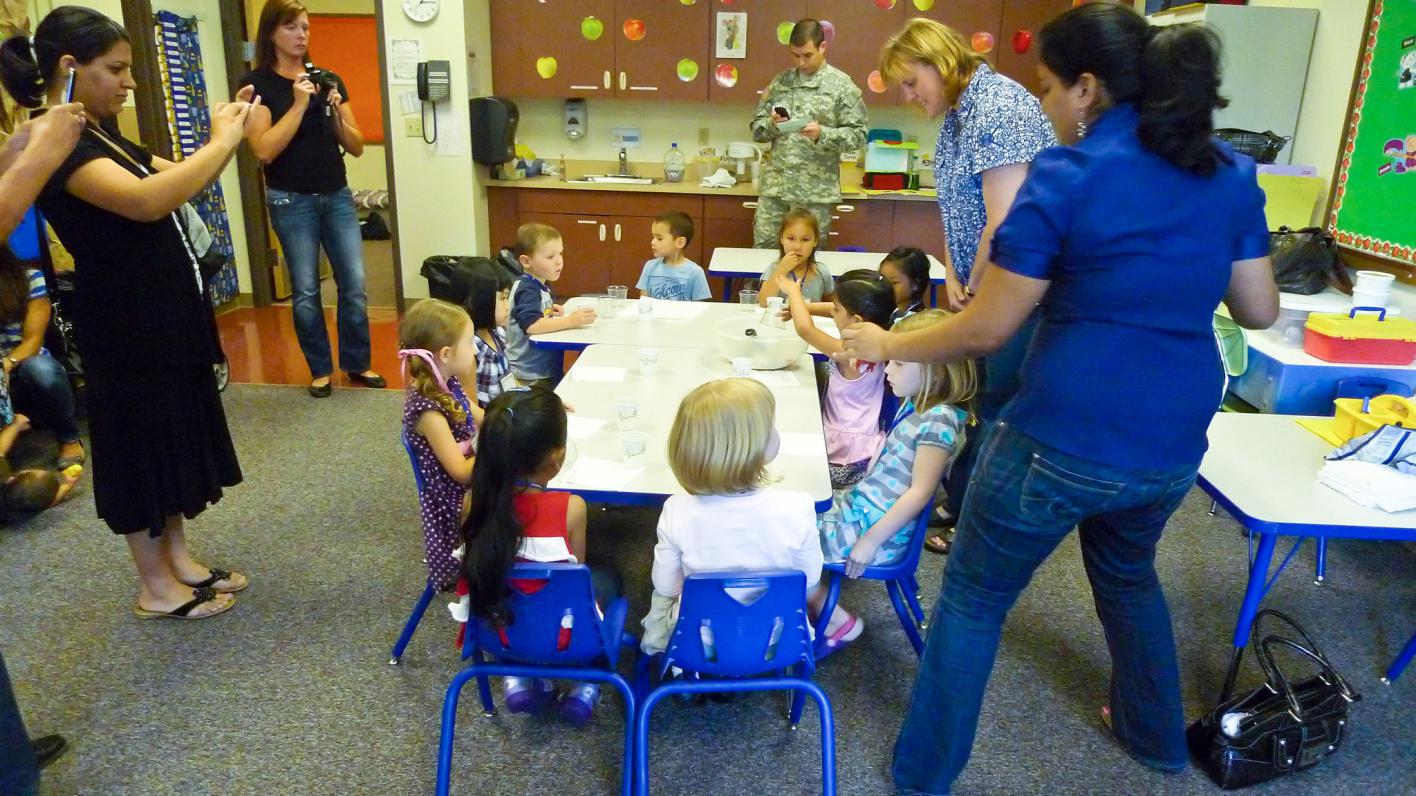
In a study conducted by the Happy Teens Club of Hong Kong Christian Services, it was proved that 70% of the children surveyed hate homework. One of the reasons behind this is that children sometimes don’t understand the homework.
With no teacher around to ask questions, they get easily frustrated and start hating everything about homework. The results of that become poor grades and even worse, it causes children to drop out at school.
Yes, homework is one of the leading reasons for children dropping or considering dropping out. What can be done to help out young ones in this scourge they are facing?
Here a few ideas you can use to release some pressure on students that comes from the expectations of their teachers regarding homework:
Be consistent
All students need to consistent throughout their whole academic career to succeed, but you should also be consistent in helping them out. Every afternoon, ask them if they have any homework and offer to do it with them.
Don’t give up on them or make them feel like a burden. Instead, as a teacher or a parent, always show a positive attitude towards homework and make them love learning. Never be too busy to help out your kids or children you are helping. If you aren’t consistent, they will pick up the same attitude.
They will start seeing homework as unimportant and may start slacking off when it comes to homework.
Organize study and homework projects
Whenever your child or the child you are helping out has a test or exam coming around the corner, you should take it upon yourself to organize study time. Help them prepare for that test or exam by helping them revise their curriculum and do a question and answer session.
Avoid the urge of procrastinating but rather organize your own timetable once the child’s school exam timetable has been issued. Study with ample time left so the child can organically absorb all the information and not cram the entire curriculum.
The time you use to help out your child might set you back on your own college or university studies or some office work. Well, don’t fret because you can use services that allow you to buy essay for your assignments.
Also, set some time aside for school projects that need to be submitted. To help the child have a positive view, let them take the lead and be the support assistance. Just as adults are doing, you can also use apps to improve math skills in 2019 or choose a good online course if you think you haven’t been able to handle the subject well.
Studying is more than just doing assignments
Helping your child see that studying is not just about handing in homework assignments will make him have a positive outlook on the matter. Make him realize that it is about his future and about him succeeding in life. Don’t make it sound boring, though. Make it sound fun and use questions that will engage him in conversation.
For example, you can ask him what he wants to become when he is older. Once he answers, ask him if he will be able to become what he wants if he doesn’t do his homework. Ask only to help, not to unduly pressurize him.
Questions like that will leave quite an impression in his head and have the potential to call to action. Don’t only encourage him on the homework front only but also on all of his academic responsibilities and help developing hobbies too, to make him become a better learner.
Boost your child’s confidence about taking tests
Boosting your child’s confidence in writing exams and tests requires you to be kind and gentle, so you have to watch what you say. Comparing your child to others will do more harm than good. So, avoid at all costs comparing your child to his peers. If you do so, you will be killing his confidence.

He may not feel comfortable taking tests because he will feel like his results will be compared with another’s. Instead of doing that, try to look for opportunities to compliment your child and tell him you are proud of him. Let him know that you are confident he will do his best and that his best will always be good enough for you.
Designate specific areas for homework and studying
Designating a special place for homework and studying will stress the importance of these two tasks. When your child realizes that you are willing to sacrifice some space for him to study, he might start taking it seriously.
It has also been proven that working in a designated space improves productivity, this also applies to younger ones. They will do more than they usually do when they do their homework on top of their beds.
You don’t even have to get a big budget for your child’s study space, a desk chair and one corner from your house is more than enough. If you are on a tighter budget, you can “lease” your dining room table so your child can study and do his homework.
Parents should help their children with homework
You learned how to do your homework through your parents and teachers. Parents have been entrusted with the responsibility to train and instruct their children. This also applies to their children’s academics. They have to ensure that their children are benefitting fully from the education they are getting.
To do that, they should be engaged in the everyday school activities of their children. So, you shouldn’t only check your child’s homework, but you should be actively engaged in helping your child solve math problems or any assignments.
The benefits of this aren’t only good grades for your child but a watertight relationship between you and your child.
Schedule a regular study time
Children adapt easily to a scheduled regiment and this is no different when it comes to their homework. If you both agree to a certain time when your child will study and stick to it a few weeks, afterwards it will become second nature to him.
Once you have promised help your child figure out how to do homework honor that promise and show up consistently. If you do that your child will notice the importance of doing their homework again.
Conclusion
The most important trait that you have probably learned here is that you should be consistent with helping out your child or other children you know. They can’t do it on their own and they need your support.
As the old adage says, it takes a village to raise a child, so you may also need to help out children that aren’t your own if they need the help. However, the homework tips you found here can be very useful and reusable to almost any school kid. Your child may become overachievers and stay out of trouble a whole lot more if they take their homework seriously.
Author bio:
Michael Turner is an education industry veteran who delivers lectures and organizes seminars for parents and teachers to help create a symbiotic environment where they are able to offer their maximum cooperation to their kids in their development during the school and college years. He expresses his views regularly through podcasts, seminars, blogs and articles, and vlogs. In his free time, he loves to learn new languages (he already knows 12) and watch TV. He can be reached via Twitter.



























